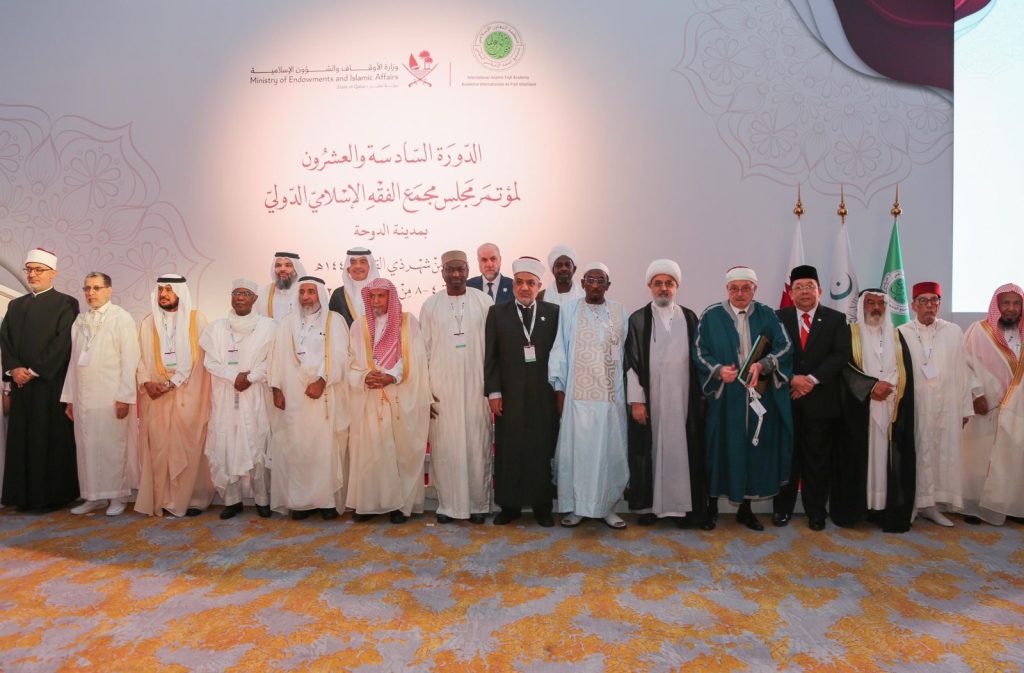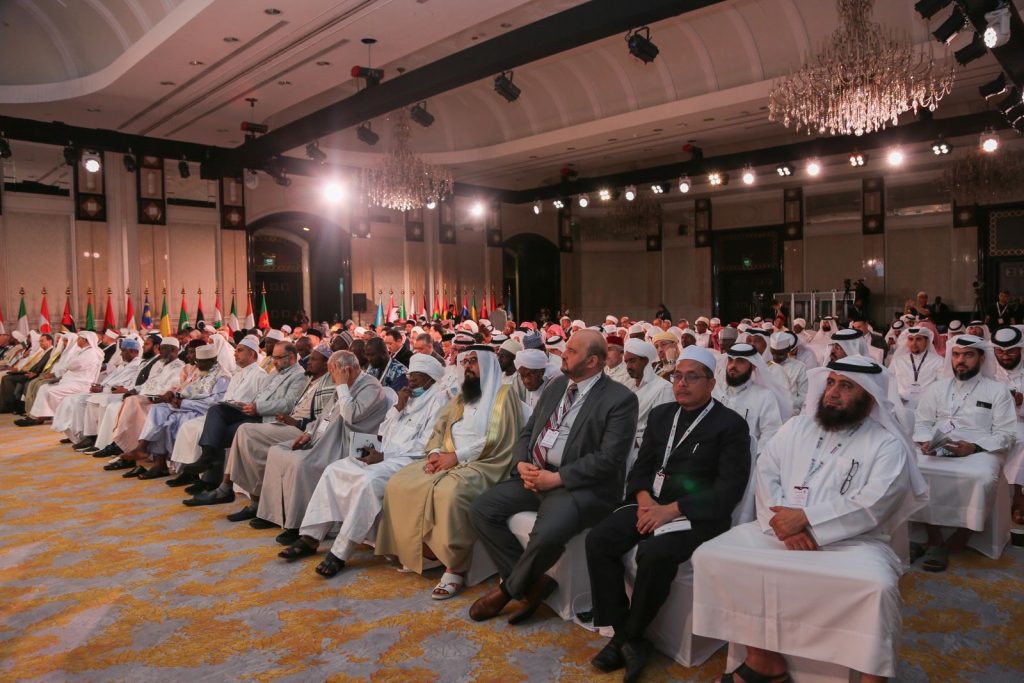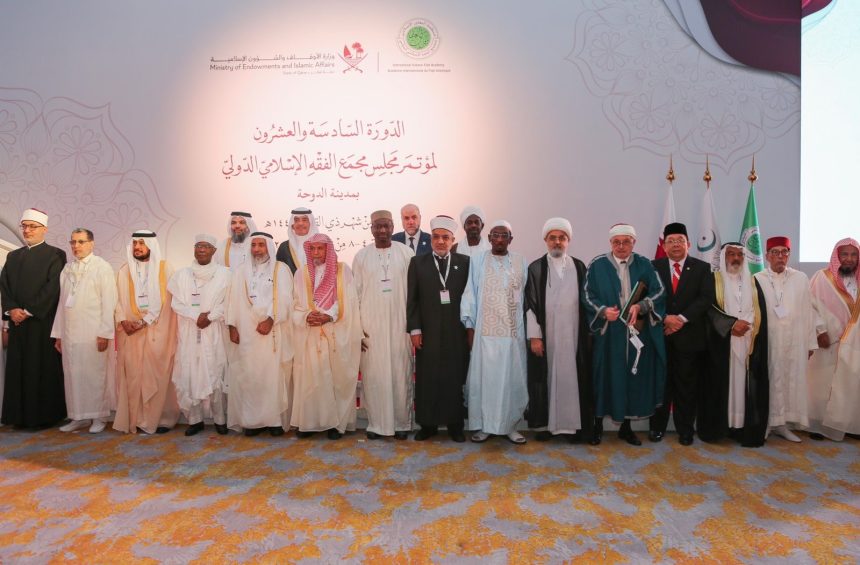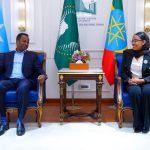Doha (SONNA) – Under the patronage of H.E. Sheikh Mohammed bin Abdulrahman bin Jassim Al Thani, Prime Minister and Minister of Foreign Affairs of the State of Qatar, the 26th Session of the Council Conference of the International Islamic Fiqh Academy commenced today, Sunday, in the Qatari capital, Doha. The session will continue for five days, from 6 to 10 Dhul-Qi’dah 1446 AH, corresponding to 4 to 8 May 2025.
The opening ceremony began with a recitation of verses from the Holy Qur’an, followed by a welcome address delivered by H.E. Mr. Ghanem bin Shaheen bin Ghanem Al Ghanem, Minister of Awqaf and Islamic Affairs of the State of Qatar. In his speech, he expressed Qatar’s warm welcome to the participating scholars and experts of the Ummah and affirmed the importance of hosting this global scholarly event as a means to strengthen the role of Islamic jurisprudence and thought in addressing contemporary issues.
H.E. Mr. Hissein Brahim Taha, Secretary-General of the Organization of Islamic Cooperation, also addressed the gathering, highlighting the Academy’s vital role in reinforcing collective ijtihad and engaging in scholarly interaction with the challenges facing the Ummah.
Following that, H.E. Sheikh Dr. Saleh bin Abdullah bin Humaid—Advisor at the Royal Court, Member of the Council of Senior Scholars, Imam and Preacher of the Grand Mosque, and President of the Academy—delivered a keynote speech in which he emphasized the importance of the topics under discussion in the current session, noting that these are critical issues requiring collective scholarly deliberation.
In his speech, H.E. Dr. Koutoub Moustapha Sano, Secretary-General of the Academy, stressed the relevance of the topics to be addressed, given their profound impact on the lives of individuals and societies. Among the most prominent are: the rulings and regulations related to artificial intelligence, electronic gaming, the impact of mental and psychological illnesses on legal competence in Islamic law, and Sharia-compliant governance in Islamic financial institutions.
He further noted that this session in Qatar marks the largest in the Academy’s history in terms of the number of submitted research papers—totaling 187—as well as in terms of the significant participation of esteemed female scholars.
Over the course of five days, the Academy’s Council will deliberate on the submitted papers with the participation of approximately 230 scholars and experts representing more than 60 countries from around the world.
The session will examine a diverse set of contemporary jurisprudential, intellectual, medical, social, and economic issues of concern to the Member States of the Organization of Islamic Cooperation and Muslim communities worldwide. Among the key topics are:
•Emerging issues in child care.
•The principle of istishab (presumption of continuity) and its contemporary applications.
•Artificial intelligence: its rulings, regulations, and ethics.
•The Sharia ruling on third-party loan increments and fees for letters of guarantee and documentary credit.
•Electronic games: rulings and ethical guidelines.
•The impact of mental illness on legal competence in Islamic law.
•Sharia governance in contemporary Islamic financial institutions.
•The effect of pre-slaughter stunning of birds and animals on the validity of Islamic slaughter.
•Feeding premature infants with breastmilk from known and unknown donors.
•The Sharia ruling on the consumption and marketing of lab-grown meat, genetically modified animal-based foods, and insects.
The International Islamic Fiqh Academy’s Council will issue resolutions and recommendations that contribute to guiding policymakers, leaders, and intellectuals, and to reinforcing the role of institutional collective ijtihad in addressing modern-day challenges through a disciplined scholarly methodology that blends authenticity with innovation.


Source: UNA/QNA





